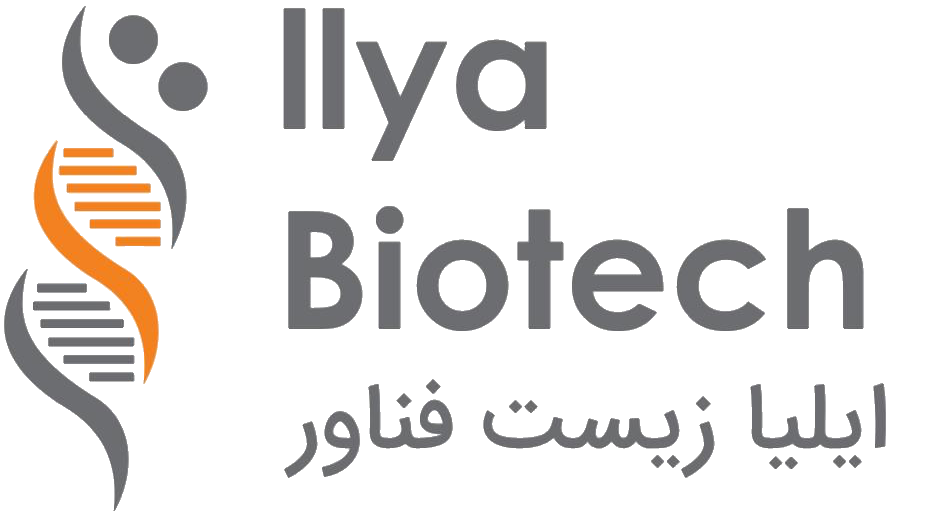NIPT – Early, Accurate and Risk free test for Down syndrome and Chromosomal abnormality
NIPT, which analyzes cell-free fetal DNA circulating in maternal blood, is a new option in the prenatal screening and testing paradigm for trisomies 21,18,13 and all other fetal chromosomal aneuploidies.
The NIPT test provides an analysis of the fetal risk being affected with “Chromosomal Aneuploidies”, by detecting fetal chromosomal materials with the new generation of high-throughput sequencing technology, combined with advanced bioinformatics analysis. This method is non-invasive, carries no risk of causing miscarriage and intrauterine infection and is highly sensitive with accuracy over 99.9%.
The Science Behind NIPT
Cell-free DNA fragments (cfDNA) are short fragments of DNA, which can be found circulating in the blood. During pregnancy, cfDNA fragments originating from both the mother and fetus are present in the maternal blood circulation.
The NIPT test requires taking a small maternal blood sample. cfDNA in the maternal blood is then analyzed with the proprietary genetic sequencing technology and bioinformatics pipelines to screen for any chromosomal abnormality in the fetus. If any abnormality is present, small excesses or deficits in counts of the affected chromosome can be detected.
The technology behind the NIPT test allows for highly accurate results with detection rates for the three most common trisomy conditions present at birth (Down Syndrome, Edwards Syndrome and Patau Syndrome) of over 99.5%. But it’s important to understand that non-invasive prenatal tests such as NIPT are classified as screening tests. This means that they do not test with 100% accuracy, but the accuracy rate of NIPT is higher than amniocentesis.
What do amniocentesis results mean?
Amniocentesis is a diagnostic test that detects chromosome abnormalities, neural tube defects and genetic disorders with high levels of accuracy (98-99%). Although the probabilities of identification are high, this test does not measure the severity of these birth defects (American pregnancy association: http://americanpregnancy.org/prenatal-testing/amniocentesis).
Advantages of NIPT
- Highly accurate : The NIPT test uses the Nex-generation sequencing technology to reach a detection rate of >99.9%.
- Simple : The NIPT test only requires 10ml of maternal peripheral blood.
- Risk-free: Testing peripheral maternal blood prevents intrauterine infection and the risk of miscarriage.
- Early-test: The NIPT test allows testing as early as the tenth week of gestation.
